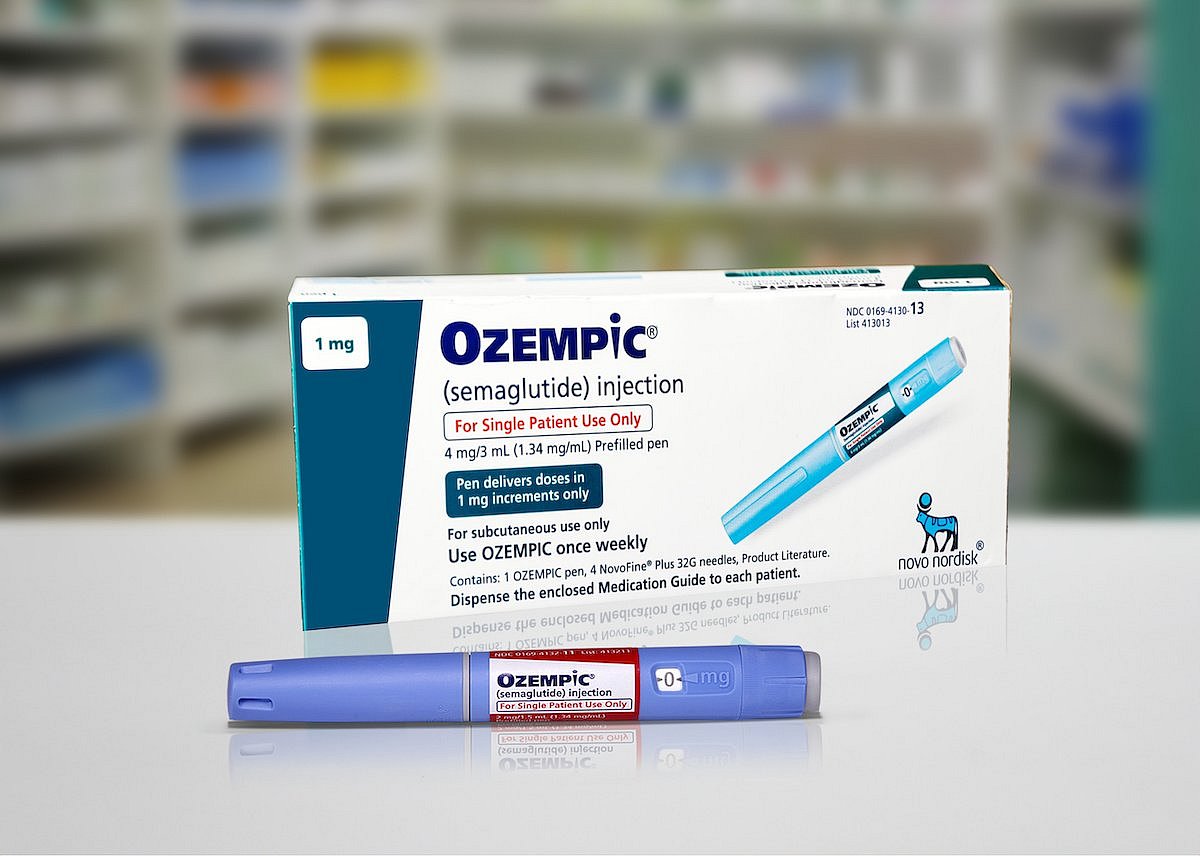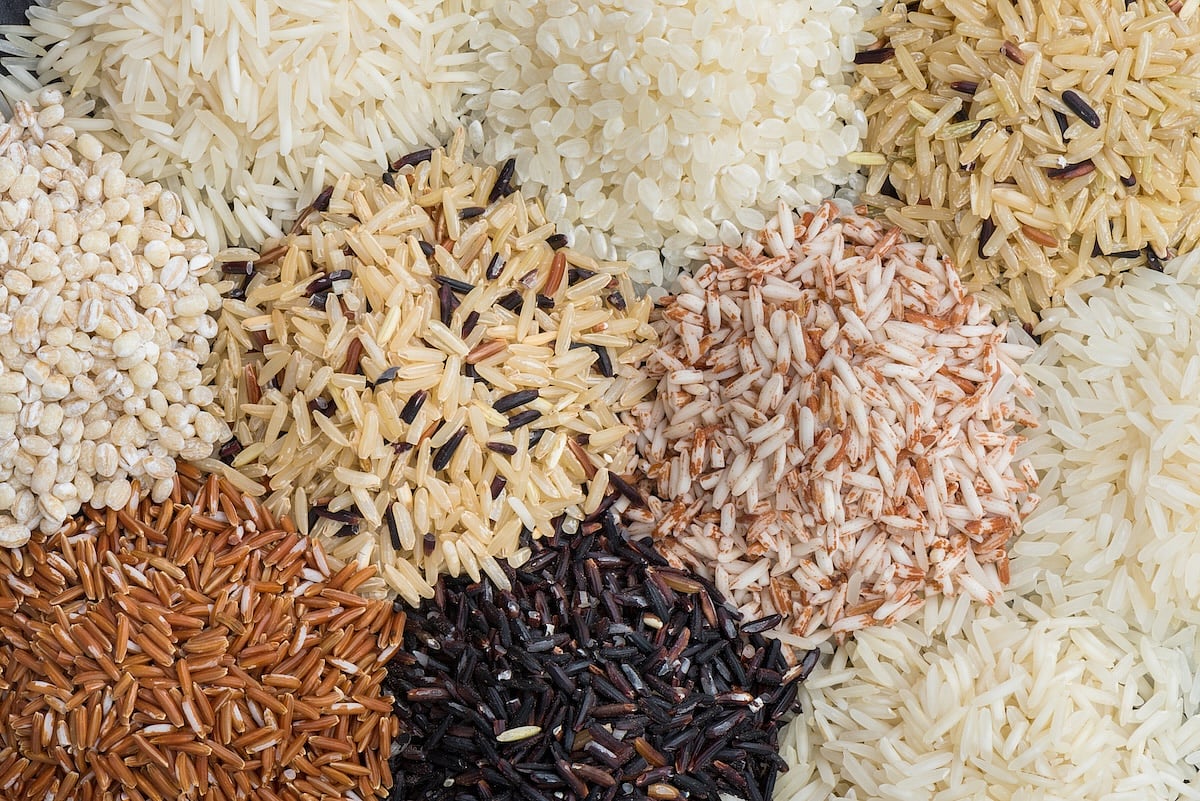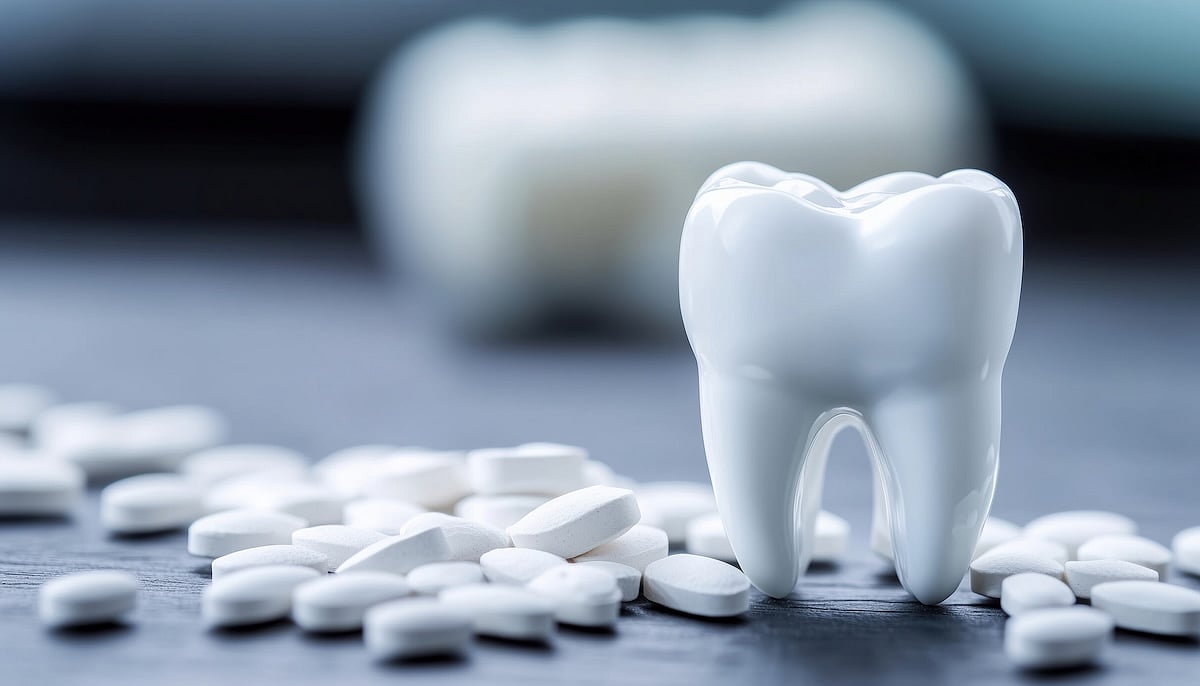
Cutting-edge GLP-1 weight-loss drugs appear to help lower cancer risk even beyond the benefits from dropping excess pounds, a new study says. First-generation GLP-1 drugs like liraglutide (Saxenda) and exenatide (Byetta) were associated with a 41% lower risk of obesity-related cancers, compared with weight-loss surgery, researchers report in the journal eClinicalMedicine. “We do not yet… read on > read on >





























